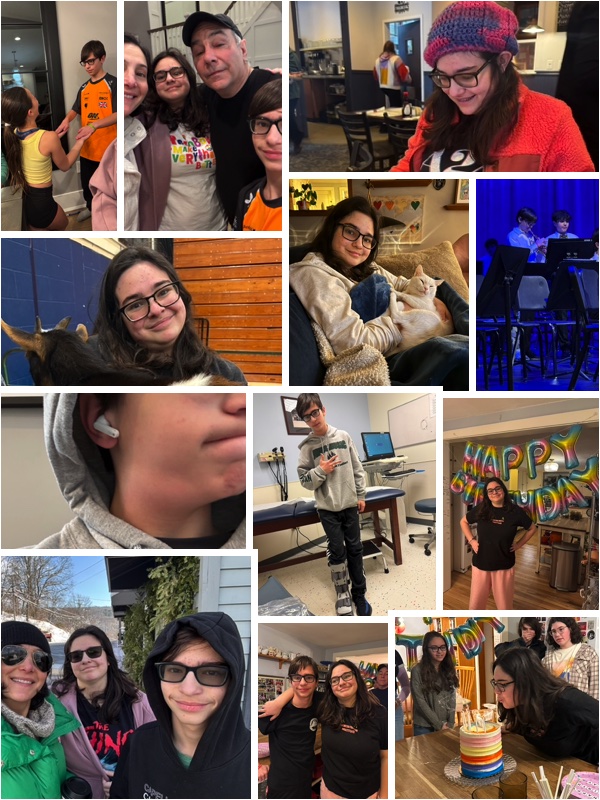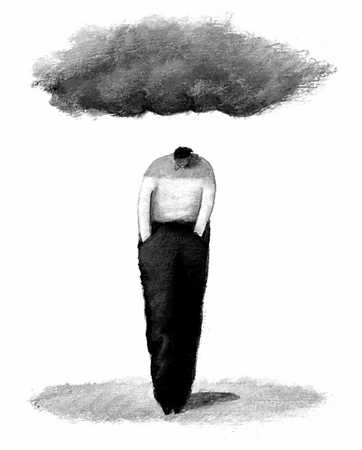I listen to Sam Tanenhaus’s New York Times Book Review podcast every week, and as much as you can know a man though a podcast (I also read his biography on Whittaker Chambers about ten years ago when Don Imus was raving about it on his radio show), I like Tanenhaus a lot.
But the most recent podcast featured Tanenhaus’s ongoing and seemingly intractable support of Jonathan Franzen’s Freedom. Franzen’s novel was left off the short list of National Book Award nominees, and in a segment that was meant to discuss the winners of this year’s National Book Award, Tanenhaus focused primarily on the reasons why Freedom might have been spurned by the judges.
Two thoughts ran through my mind as Tanenhaus expressed his displeasure over what he perceived to be a snub by the judges:
1. Hasn’t the New York Times Book Review given Freedom enough attention already? The paper published two stellar reviews of the book on the day of publication, one written by Tanenhaus himself, and Tanenhaus has discussed his adoration for this book on many previous podcasts. When does the line between book review editor and Franzen fanboy get crossed?
Because I think Tanenhaus crossed it a long time ago.
2. I read Freedom, and I didn’t like it.
I didn’t hate the book, but I did not think that it deserved National Book Award attention either. I thought that the novel lacked immediacy at key moments and opened with a series of events that I found improbable and unbelievable and established a precarious footing for the subsequent action.
So now I find myself in this awkward space in which I feel like I was supposed to like the book, that not liking the book is a failure of sorts on my part, and that admitting that I did not enjoy the book is to spurn all of the literary movers and shakers of the publishing industry, Tanenhaus included, who referred to Freedom as “a masterpiece of American fiction.”
What would Tanenhaus think of me if he knew that I did not like the book that he considered this year’s masterpiece?
Does this make me a hack in Tanenhaus’s eyes?
What is an author to do? It’s a precarious position.
I want Tanenhaus to like me and someday read my work.
I would love for him to write a glowing review of my next book on the front page of the NYT Book Review (just one review would be fine).
I even want Jonathan Franzen to like my work and would love for him to write a blurb for me someday.
And yet I find myself not liking his masterpiece very much.
I felt the same way in college when I came to the conclusion that I despised the work of Virginia Woolf. I was an English major at a small, liberal arts college, attending several classes on feminist literary criticism, and I found Woolf’s work to be impenetrable and boring.
I felt like a complete failure.
Thankfully, it is highly unlikely that Tanenhaus or Franzen will ever read this little blog, so my opinions will fall on deaf ears.
But I wish that I had loved Freedom. I really do.
It’s not often that I want to follow the crowd, but in this case, it would make things a lot easier.






